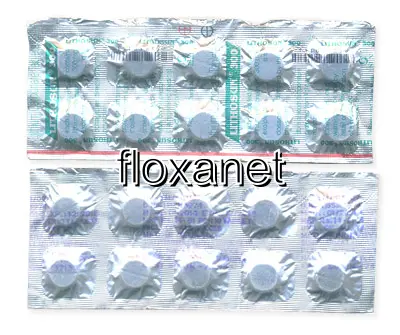Shop Lithium Online in the USA
| Package | Dosage | Price | Price per Dose | |
|---|---|---|---|---|
| Dosage: 300mg | ||||
| 360 pill | 300mg | $374.75 | $1.04 | |
| 180 pill | 300mg | $209.57 | $1.17 | |
| 120 pill | 300mg | $159.61 | $1.33 | |
| 90 pill | 300mg | $130.46 | $1.44 | |
| 60 pill | 300mg | $97.15 | $1.61 | |
| 30 pill | 300mg | $55.51 | $1.85 | |

Lithium Description
Introduction to Lithium
Lithium is a medication primarily used to manage and treat mood disorders, especially bipolar disorder. It has been a mainstay in psychiatric medicine for decades due to its effectiveness in stabilizing mood swings. Lithium works on the brain's neurotransmitter pathways, helping to reduce the severity and frequency of manic and depressive episodes. Despite its proven benefits, lithium requires careful monitoring because of its narrow therapeutic window and potential side effects.
How Lithium Works
Lithium's exact mechanism of action is not fully understood. However, it is believed to influence several neurochemical pathways involved in mood regulation. Lithium affects the regulation of second messengers within neurons and impacts the release of neurotransmitters such as glutamate and serotonin. These effects contribute to its ability to stabilize mood and prevent extreme highs and lows in patients. It also has neuroprotective properties, which may help improve brain cell resilience over time.
Effectiveness and Benefits
Many patients find lithium to be highly effective in preventing manic episodes and reducing the severity of depressive symptoms. It has a long history of success in improving the quality of life for individuals with bipolar disorder. In addition to mood stabilization, lithium has displayed some anti-suicidal properties. For some patients, lithium reduces impulsivity and emotional volatility, contributing to better overall mental health. Its ability to serve as both a preventative and a symptomatic treatment makes it valuable in psychiatric care.
Potential Side Effects and Risks
While lithium can be very beneficial, it is not without risks. Common side effects include tremors, increased thirst, increased urination, weight gain, and gastrointestinal discomfort. More serious issues may involve kidney function impairment and thyroid problems, which may develop with prolonged use. Because of these risks, regular blood tests are essential to monitor lithium levels and organ functions. Proper dosage adjustment helps minimize adverse effects and maintain effective treatment.
Monitoring and Precautions
Patients taking lithium need consistent medical oversight. Blood tests are usually scheduled frequently at the beginning of treatment and less often once stabilized. Healthcare providers look for lithium concentration levels to ensure they stay within the therapeutic range, which is typically narrow. It is important to maintain adequate hydration and electrolyte balance, as dehydration or changes in salt intake can affect lithium levels. Patients should also inform their doctors about other medications they are taking, as interactions can influence lithium's effectiveness and safety.
Conclusion
Lithium remains a cornerstone in the treatment of bipolar disorder, offering significant benefits in mood stabilization. Its long history and extensive research support its efficacy. However, its use requires careful management due to potential side effects and the necessity of regular monitoring. When used properly, lithium can greatly improve the stability of mood and overall functioning in individuals living with mood disorders.
